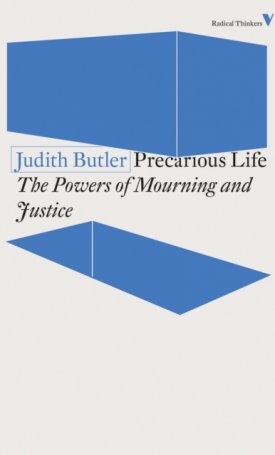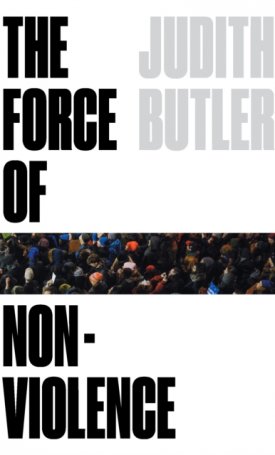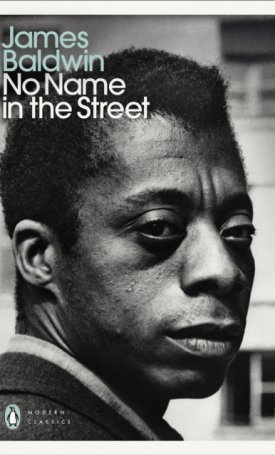Parting Ways: Jewishness and the Critique of Zionism
-10%
5 740 Ft
5 166 Ft
Preorder(You have to login)
Discounted prices are valid only for orders placed through our webshop.
Parting Ways: Jewishness and the Critique of Zionism
Butler considers the rights of the dispossessed, the necessity of plural cohabitation, and the dangers of arbitrary state violence, showing how they can be extended to a critique of Zionism, even when that is not their explicit aim. She revisits and affirms Edward Said`s late proposals for a one-state solution within the ethos of binationalism. Butler`s startling suggestion: Jewish ethics not only demand a critique of Zionism, but must transcend its exclusive Jewishness in order to realize the ethical and political ideals of living together in radical democracy.
Contents:
Acknowledgments Abbreviations Introduction: Self-Departure 1: Impossible 2. Unable to Kill: Levinas Contra Levinas 3. Walter Benjamin and the Critique of Violence 4. Flashing Up: Benjamin`s Messianic Politics 5. Is Judaism Zionism? Or 6. Quandaries of the Plural: Cohabitation and Sovereignty in Arendt 7. Primo Levi for the Present 8. "What Shall We Do Without Exile?": Said and Darwish Address the Future Notes Index
Publisher: Columbia University Press
Category: Szociológia, Politika, Történelem, Vallás / judaisztika
Category: Szociológia, Politika, Történelem, Vallás / judaisztika


























